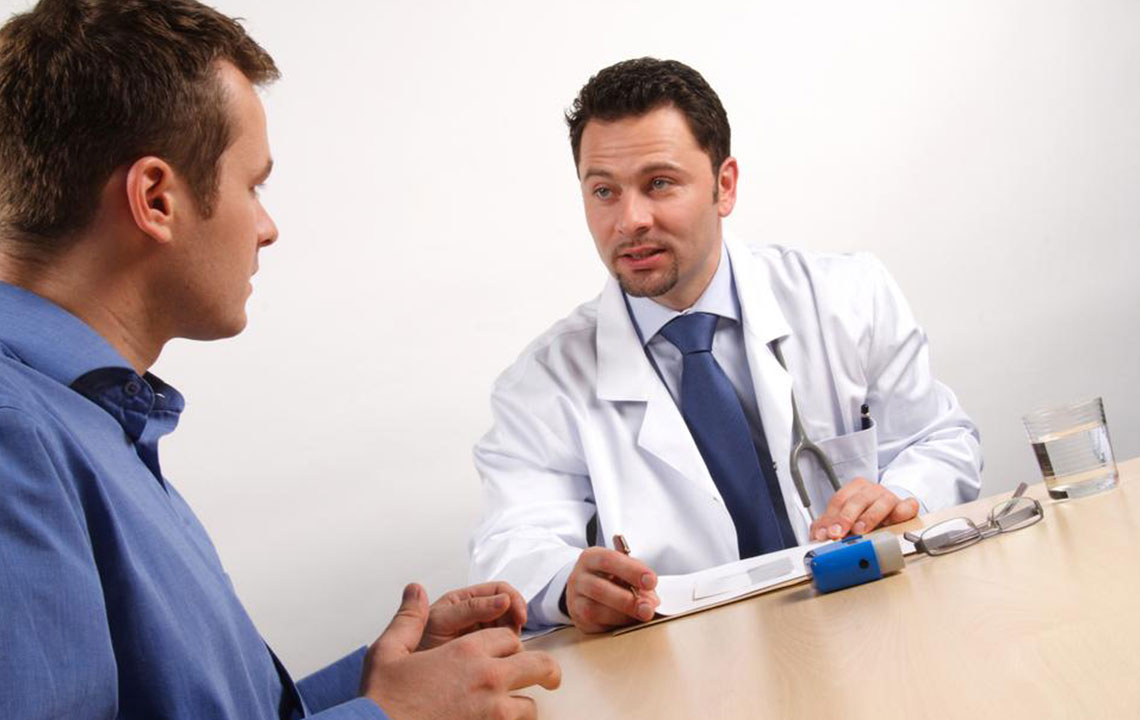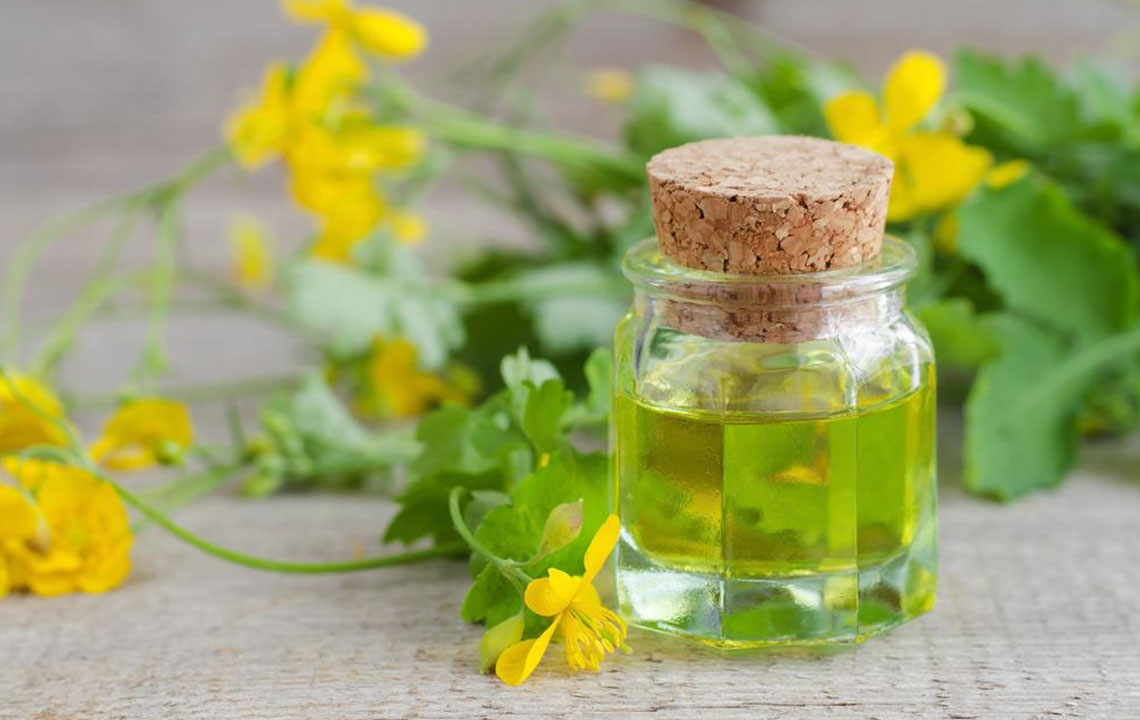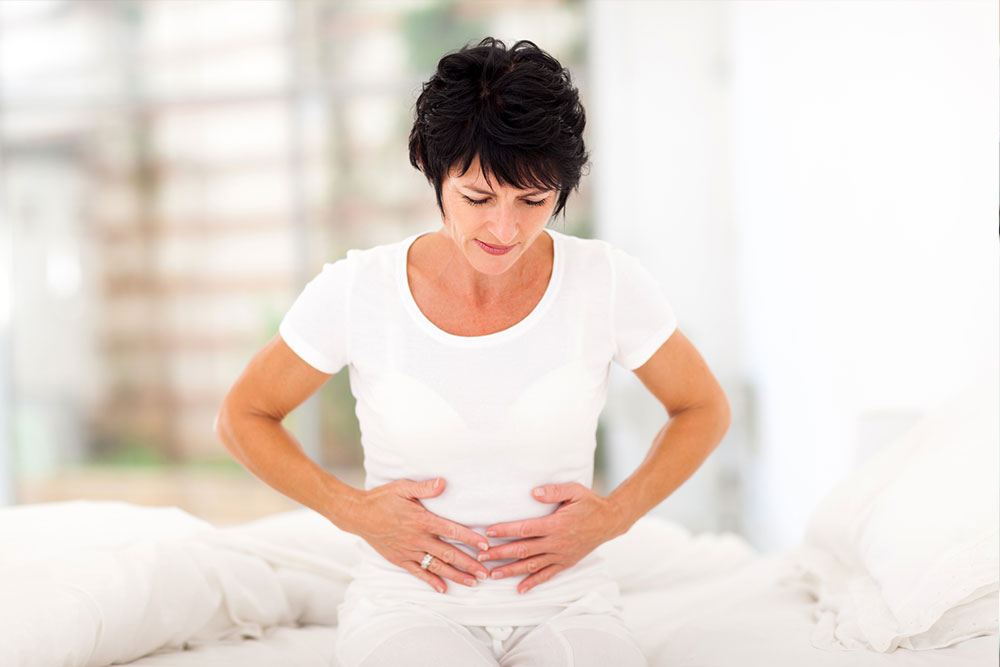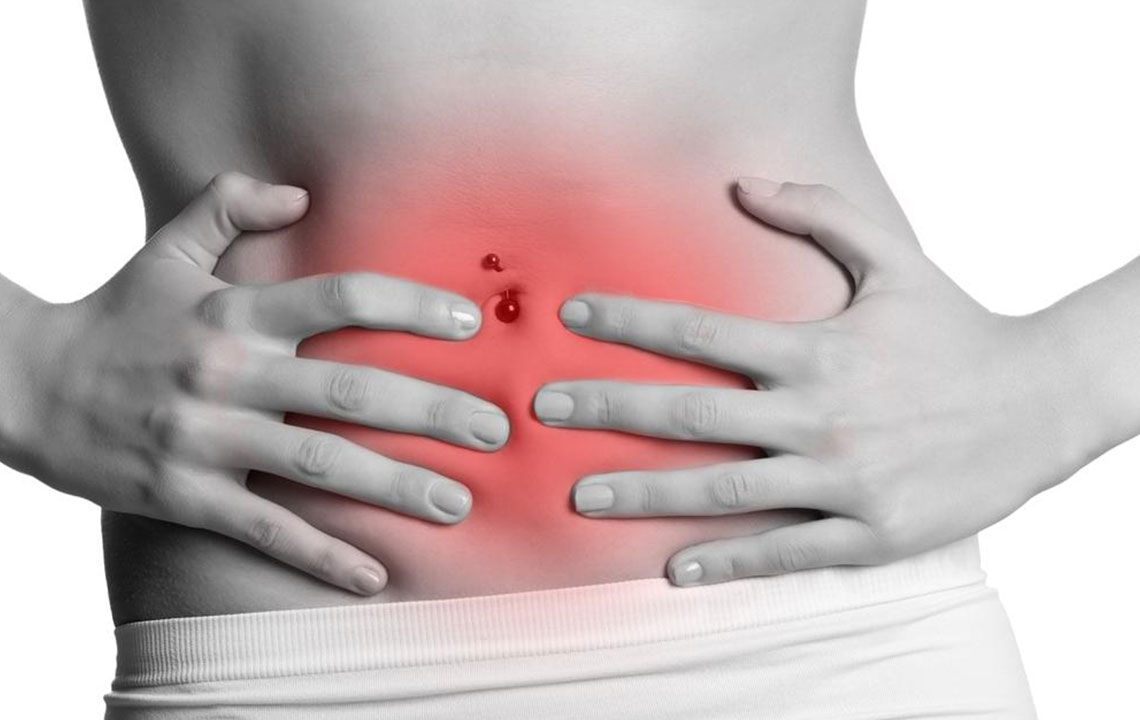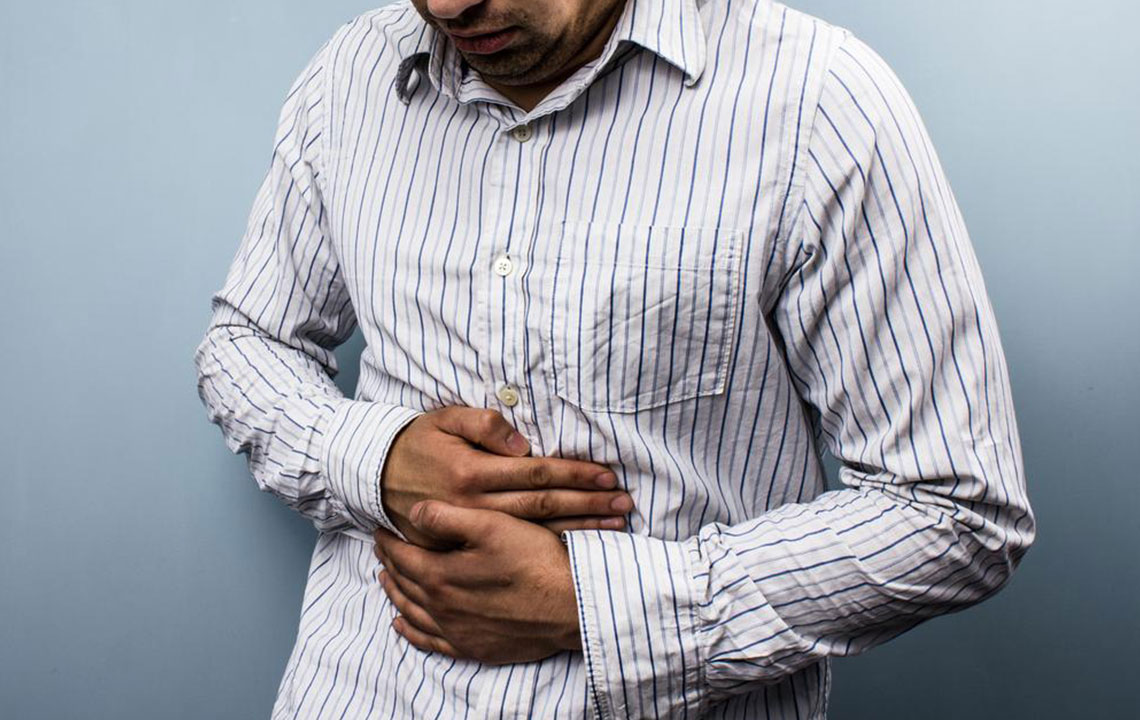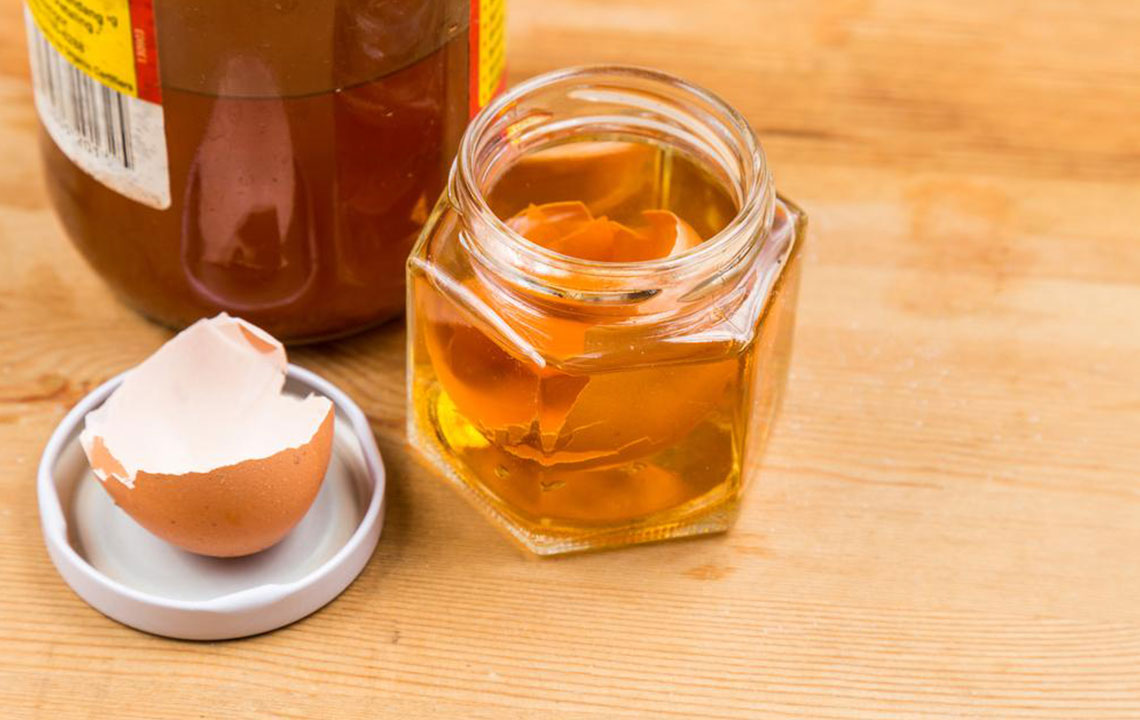Effective Home Strategies to Alleviate Hemorrhoid Pain and Discomfort
Discover effective natural remedies and lifestyle tips for managing hemorrhoid pain. From dietary changes to home treatments like sitz baths and aloe vera, this article offers practical advice for relief and prevention. Learn about symptoms, diagnosis, and how to keep the area hygienic to reduce discomfort and avoid complications. Suitable for those seeking non-invasive options to handle hemorrhoids at home, ensuring better comfort and health.
Sponsored

Natural Home Methods to Ease Pain and Discomfort from Hemorrhoids
Home remedies for managing hemorrhoid pain and irritation
Hemorrhoids, also called "piles," involve swollen or inflamed veins around the anal area, leading to significant discomfort, bleeding, and pain. Increased pressure during bowel movements or injury can cause swelling. This common condition affects both men and women, especially in middle age, but can be managed effectively through lifestyle adjustments. Severe cases may require medical or surgical intervention. Incorporating simple home remedies, maintaining good hygiene, and adopting healthy habits can provide significant relief from symptoms.
Who is more prone to hemorrhoids?
Individuals in their 50s are more vulnerable; however, risk factors include:
Expectant mothers
Overweight individuals
Chronic constipation
Prolonged sitting on the toilet
Low fiber diet
Injury during bowel movements
Recognizable symptoms
Indicators of hemorrhoids include:
Blood during bowel movements without pain
Intense itching near the anus
Pain or discomfort when sitting
Swelling or inflammation around the anal area
Diagnosis methods
Typically, hemorrhoids are diagnosed through visual examination. Additional tests may include:
Digital rectal exam: The doctor checks the anal canal and rectum visually, then inserts a gloved finger to detect abnormalities.
Sigmoidoscopy: Uses a small camera to inspect inside the anal canal and lower rectum, especially if internal hemorrhoids are difficult to detect externally.
Colonoscopy: Conducted when other digestive issues or risks, such as colorectal cancer, are present. The patient is sedated, and a flexible tube with a camera examines the colon thoroughly.
Prevention tips for hemorrhoids
To reduce the risk:
Drink ample water daily
Engage in regular physical activity
Consume high-fiber foods
Lead an active lifestyle
Avoid constipation
Eat easily digestible foods
Home remedies for hemorrhoid relief
Several natural treatments can ease symptoms, including:
High-fiber diet: Incorporate fruits, vegetables, grains, and liquids to promote smooth digestion and reduce injury to blood vessels.
Aloe vera: Applying aloe vera gel can soothe irritation, reduce itching, and promote healing.
Sitz bath: Sitting in warm water for 15-20 minutes multiple times daily alleviates pain and inflammation.
Proper hygiene: Keep the anal area clean and dry, avoiding perfumed or harsh products.
Moist toilet wipes: Use gentle, wet wipes to soothe and clean the area without irritation.
Stool softeners: Consult a doctor for liquid or tablet options to prevent straining during bowel movements.
Cold packs: Applying ice or cold compresses reduces swelling and relieves pain.
Witch hazel: Topical application may lessen pain and itching effectively.

